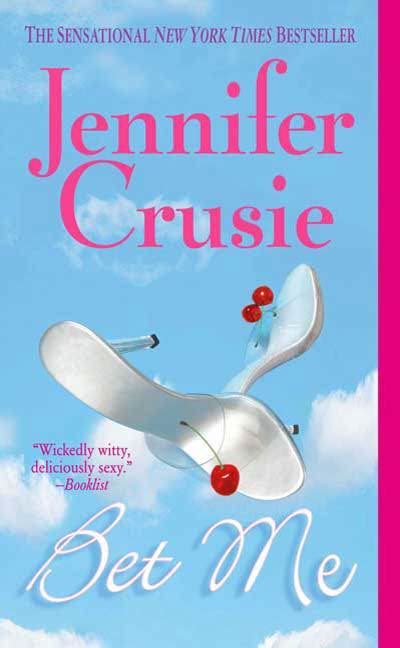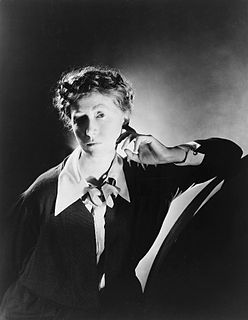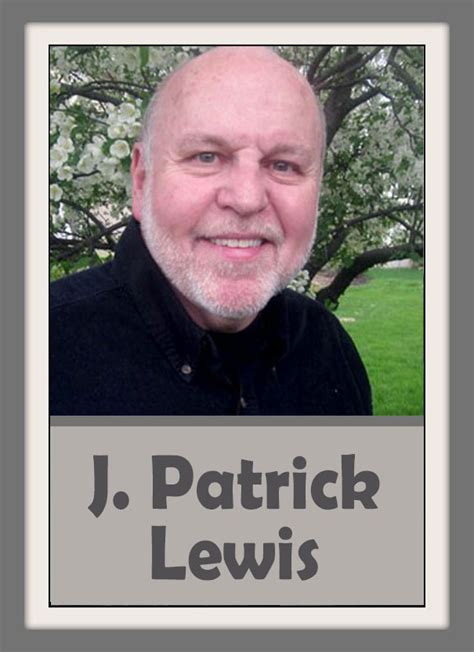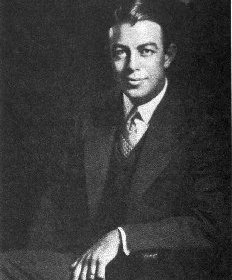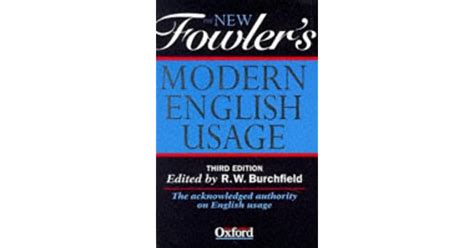A Quote by Ralph Waldo Emerson
Children and savages use only nouns or names of things, which they convert into verbs, and apply to analogous mental acts.
Related Quotes
The worst of this sorry bunch of semi-educated losers are those who seem to glory in being irritated by nouns becoming verbs. How dense and deaf to language development do you have to be? If you don’t like nouns becoming verbs, then for heaven’s sake avoid Shakespeare who made a doing-word out of a thing-word every chance he got. He TABLED the motion and CHAIRED the meeting in which nouns were made verbs
There's nothing wrong with possessions; it's just that they have value to us only when we use them, engage them, and enjoy them. They're nouns that mean something only in conjunction with verbs. That's why wealth is so dangerous: if you're not careful you can easily end up with a garage full of nouns.
Place yourself in the background; write in a way that comes naturally; work from a suitable design; write with nouns and verbs; do not overwrite; do not overstate; avoid the use of qualifiers; do not affect a breezy style; use orthodox spelling; do not explain too much; avoid fancy words; do not take shortcuts as the cost of clarity; prefer the standard to the offbeat; make sure the reader knows who is speaking; do not use dialect; revise and rewrite.
What is an adjective? Nouns name the world. Verbs activate the names. Adjectives come from somewhere else. The word adjective (epitheton in Greek) is itself an adjective meaning 'placed on top', 'added', 'appended', 'foreign'. Adjectives seem fairly innocent additions, but look again. These small imported mechanisms are in charge of attaching everything in the world to its place in particularity. They are the latches of being.





